Science in Society: “I didn’t intend to be a researcher – I just wanted to change the world”
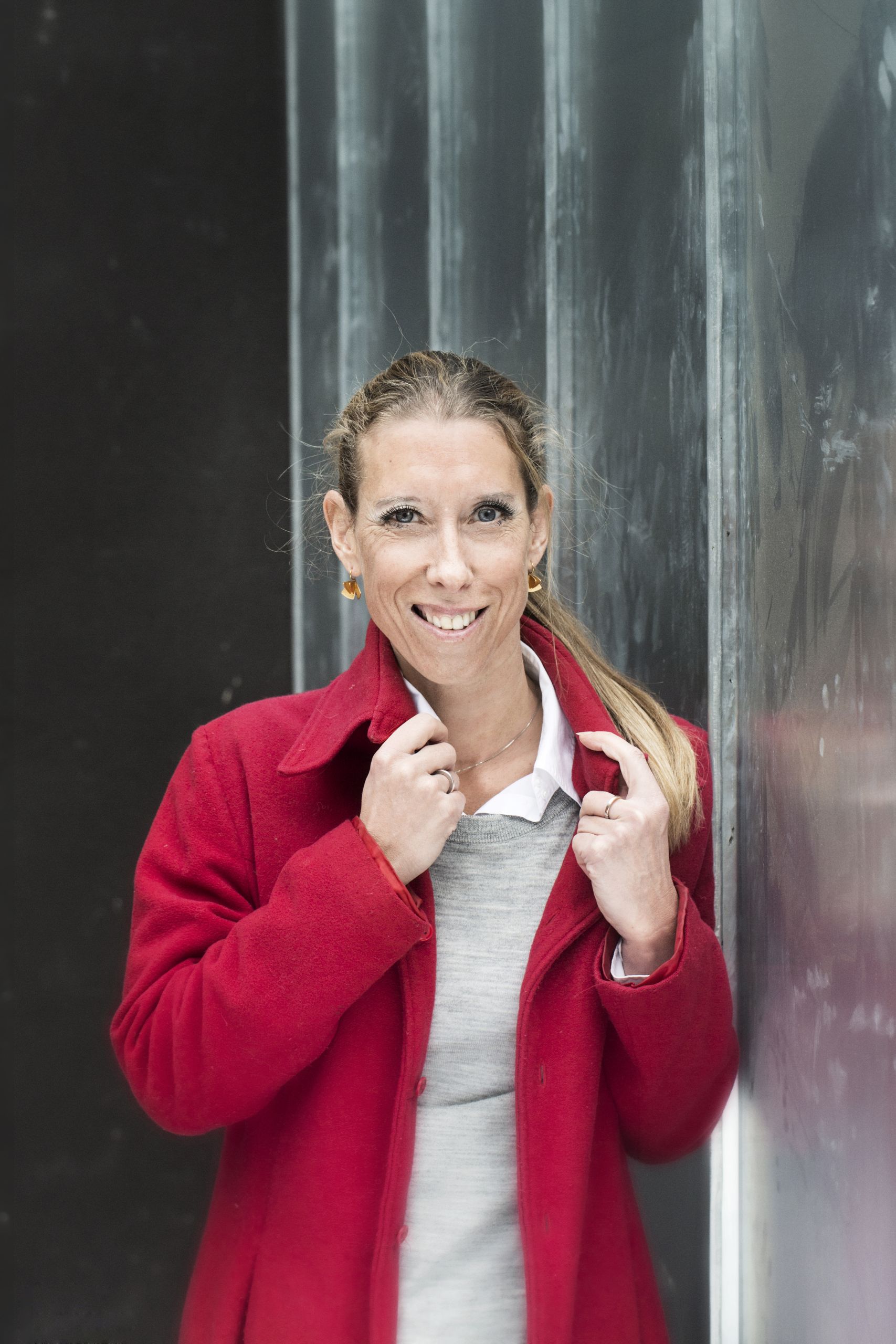
(Photo: Lisbeth Holten)
CBS researcher Pernille Steen Pedersen has turned her stress research into a tangible tool for fighting stress at Denmark’s workplaces. An activity that comes at a cost, but immediately becomes worthwhile when complimentary emails pop up.
Research is knowledge. Some is left only to be read in scientific journals, but some researchers practice giving their work a life in society. One such researcher is Postdoc at the Department of Management, Politics and Philosophy at CBS, Pernille Steen Pedersen.
In 2016, Pernille Steen Pedersen released the research-based book ‘Slip stress ud af skammekrogen’, in which she describes some causes of stress and how managers and HR officers can handle stress at their companies or organizations. Furthermore, she presented the term ‘shame’ to her audience – a feeling that her research revealed goes hand in hand with stress. This has made Pernille Steen Pedersen an often-cited researcher and expert of shame.
“I want to understand people and the problems connected to stress and devise tools that can help managers and employees to prevent stress. And being an expert puts you under an obligation,” she says.
But it wasn’t exactly on the cards that Pernille Steen Pedersen would make a difference through her research. Before she came to CBS to do her industrial PhD, she worked at the National Board of Industrial Injuries and the National Labor Market Authority where she gained in-depth knowledge about what causes sick leave in Danish working places and how cases of stress, depression and anxiety kept increasing.
I never had a choice about whether I wanted to disseminate my research or not
Pernille Steen Pedersen
“I didn’t intend to be a researcher. I wanted to change the world. But through my previous work, I realized that I couldn’t do that from that position. Managers and companies lacked knowledge about what action they could take to change the pattern. So, if I wanted to make a difference, it wouldn’t be through the authorities,” she says about how she took the plunge and became a researcher.
On the question of whether she had dissemination in mind from the very beginning of her academic career, she says:
“I never had a choice about whether I wanted to disseminate my research or not. My livelihood depends on collaborating with practitioners, so my research needs to get out there and be of use, and that is both a source of satisfaction and frustration,” she explains.
Time well spent
Pernille Steen Pedersen shows me an agenda from a seminar to be held at her department. Along with two other research colleagues, she will discuss whether research dissemination is worthwhile or a waste of time.
“To me there is no question that we are obliged to do it. Although it can be tough sometimes,” she adds.
Pernille Steen Pedersen makes no secret of how much time she has spent on meetings with relevant stakeholders, conference talks, after-work meetings, speeches and so on.
“I have to constantly nurse my network, as they are crucial for my current and future research. But all the time I’ve spent is now paying off in the form of new projects with support from practitioners,” she says, explaining that she is currently working on making a batch of dialogue cards about stress and the psychosocial environment in collaboration with interested stakeholders.
Pernille Steen Pedersen scoots her office chair from the meeting table to her computer and finds a PowerPoint presentation containing quotes from emails sent to her.
“The best thing about my job is when I get emails from people saying that my research has made a difference. That my research helped them describe their situation. Then I’m sure that I’m doing things right. And right there, I feel like I’m changing the world,” she says.
Communicate in your own way
The research Pernille Steen Pedersen conducts is also published in academic articles, although her main focus is on turning her knowledge into useful tools, books or public speeches. And to her, it’s important that researchers do what they are good at, and that every researcher doesn’t have to be good at everything. As long as together they possess all the different dissemination skills.
“It’s great when we are good at different things. Of course, we have to write scientific articles, but not everybody has to do the same as I do. And not all research can be turned into dialogue cards or other tangible outcomes,” she says.
However, Pernille Steen Pedersen recommends that all researchers gain a certain level of communication skills, and here they can take advantage of their colleagues and the classrooms at CBS.
“Teaching is a great way to communicate, and if you become good at that, it’s a great start. But also talk to your colleagues and use their expertise. Some are in the media a lot or know how to approach external contacts. I gained a lot of support and help from my colleagues when writing project descriptions and also during the writing process itself,” she says.



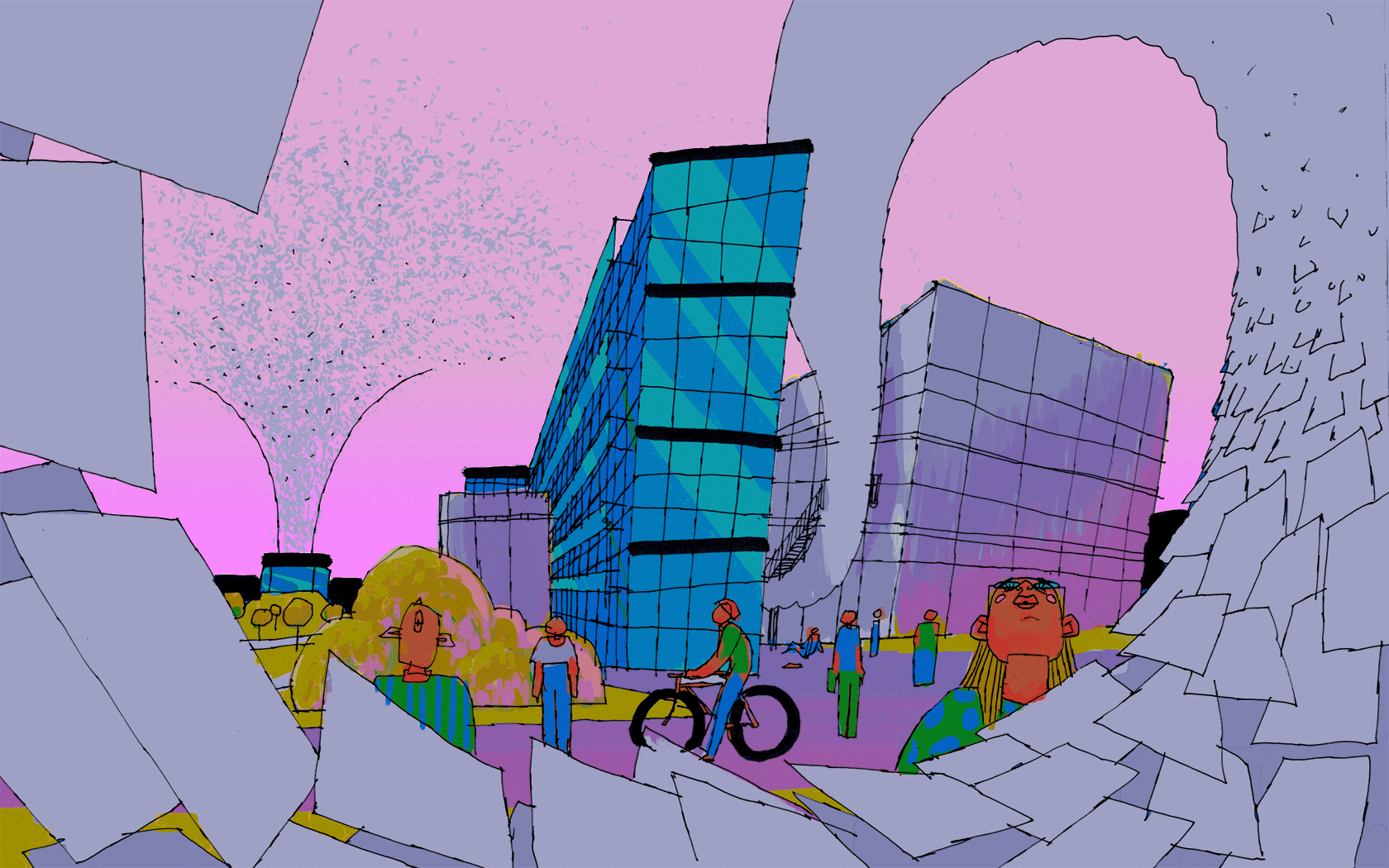
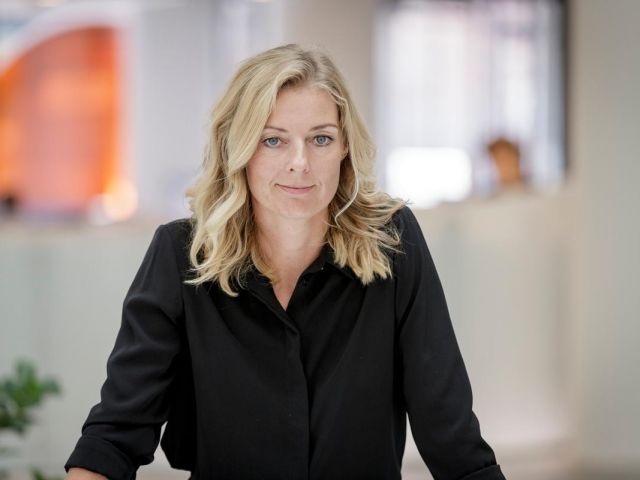
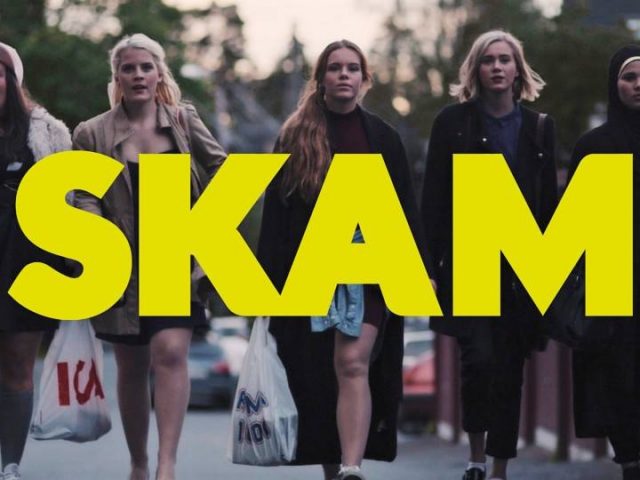
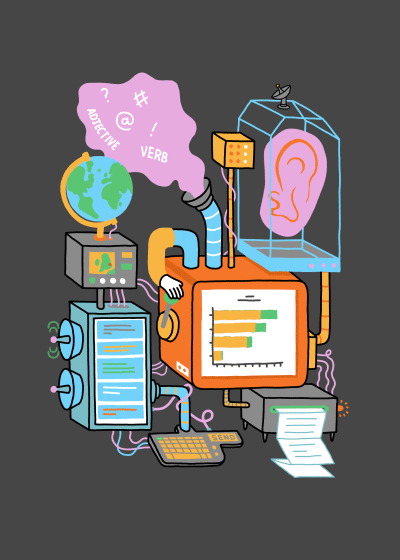

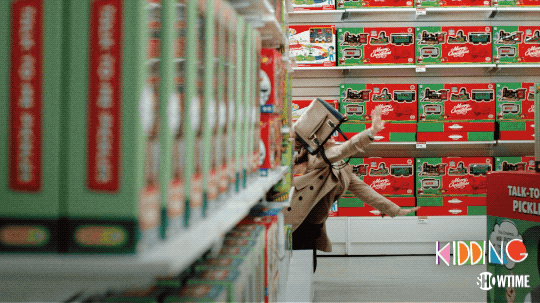




























































































































Comments